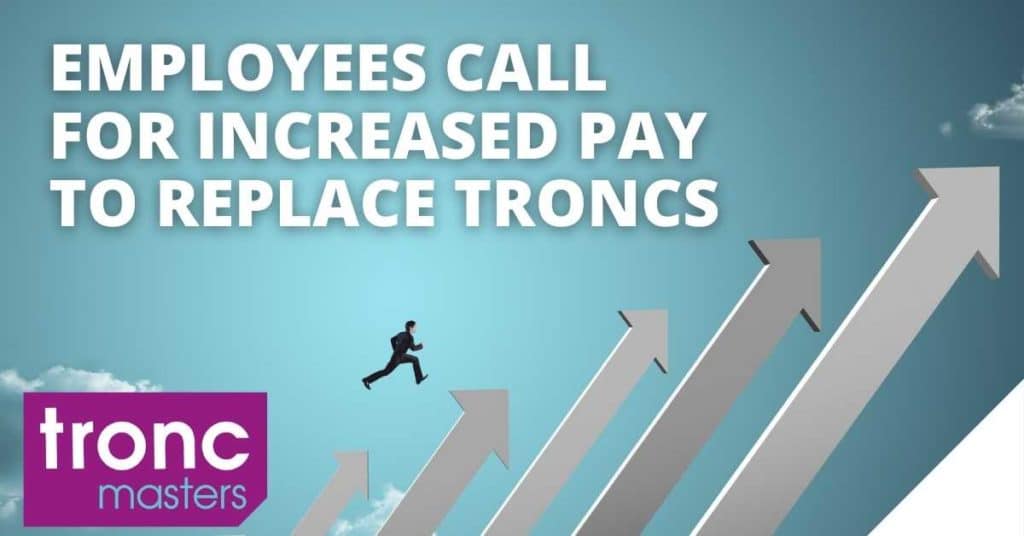
Drivers for change
Despite significant pressure from the hospitality industry payments from troncs remains outside of the Coronavirus Job Retention Scheme (CJRS) and many employees saw their incomes plummet well below the 80% of earnings promised through the scheme.
This exclusion has been a significant blow across the hospitality industry, who are already facing more disruption than most.
As we emerge from lockdown, we are seeing a new trend with many employees now wanting to forgo tips and gratuities in favour of increased pay. From an employee’s perspective, this sounds logical and would provide future protection with variable tips becoming regular pay. If another scheme similar to CJRS occurred, the earnings basis would be higher.
Tips within a tronc
Let’s, for a moment, revisit what an effectively formed tronc should do. When a customer pays into a tronc, by way of a tip, gratuity or discretionary service charge, that money does not belong to the employer. A user of the service is paying the individual or team who delivered the service. This payment receives special treatment under the tax laws and as it is not “earned” as such attracts relief from National Insurance (NI) for the individual, though the tax is still due. The employer also “saves” employers NI as tronc payments are not remuneration provided by the employer. Typically, £100 of tips paid through a tronc would generate £80 of net income for that individual.
Higher wage options
If we look at the implications of replacing tips with higher wages, there are lots of factors to consider, NI significant. NI relief will not be available, and the increased earnings will be subject to both employees and employers NI. Employer pension contributions (unless opted out) would be another 3% on top of that.
To achieve the same £80 net income by paying salary, for the typical employee earning above personal allowances, it would typically require wage costs to the employer of £148.32 (earnings of £126.99 plus Employers NI and Pension £21.33).
Offsetting pay by retaining service charges and tips
That is not the end of it, however. If the plan is to convert the tips previously received into Service Charges, this opens up the spectre of VAT. If Service Charges mandatory or your previous “tips” otherwise become company income, then VAT may be due on the amount received. It would take a Service charge of £178 to put a net £80 into an employees pay and for there to be zero financial impact for the business.
So individuals would have to pay 78% more on their bills to achieve the same position for staff than were the payment part of an effective tronc.
Conclusion
On the face of it, employees requesting higher wages and forgoing their tronc may seem a straightforward option. However, the complexities involved across the various taxes, and in particular the loss of NI relief, can make this a very costly exercise for the employer if they get it wrong.
It’s worth pointing out that we also see many well-meaning but poorly formed troncs that do not meet the criteria for attracting the relief that could be building up large unreported liabilities for businesses in VAT, Corporation Tax, PAYE and NI.
For a no-obligation discussion about your tronc scheme, please contact the team at www.troncmasters.co.uk or call us on 03331 122610.
